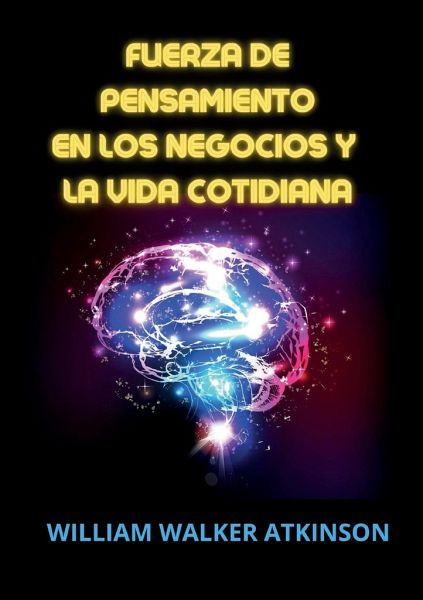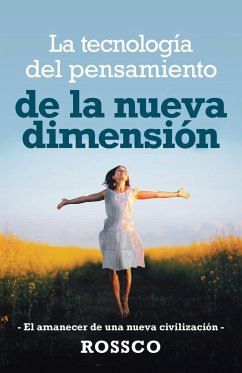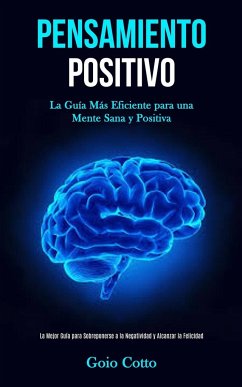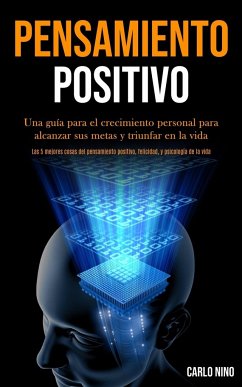
Fuerza de pensamiento en los negocios y la vida cotidiana
Versandkostenfrei!
Versandfertig in 1-2 Wochen
13,99 €
inkl. MwSt.

PAYBACK Punkte
7 °P sammeln!
En la mente de la mayoría de las personas, el término Magnetismo Personal transmite la idea de una corriente que irradia de la persona del individuo magnético, atrayendo hacia sí a todos los que se encuentran dentro del radio de su fuerza magnética. Esta idea, aunque errónea en su conjunto, contiene sin embargo el germen de una verdad real. Hay una corriente de fuerza atractiva que irradia del hombre, pero no es una fuerza magnética en la medida en que el término "magnetismo" implica cualquier conexión con el magnetismo o la electricidad. La corriente magnética humana, aunque tiene c...
En la mente de la mayoría de las personas, el término Magnetismo Personal transmite la idea de una corriente que irradia de la persona del individuo magnético, atrayendo hacia sí a todos los que se encuentran dentro del radio de su fuerza magnética. Esta idea, aunque errónea en su conjunto, contiene sin embargo el germen de una verdad real. Hay una corriente de fuerza atractiva que irradia del hombre, pero no es una fuerza magnética en la medida en que el término "magnetismo" implica cualquier conexión con el magnetismo o la electricidad. La corriente magnética humana, aunque tiene cierta semejanza con estas dos fuerzas familiares en sus efectos, no tiene ninguna conexión real con ellas en lo que se refiere a su origen o naturaleza intrínseca.Lo que llamamos Magnetismo Personal es la corriente sutil de ondas de pensamiento, o vibraciones de pensamiento, proyectadas por la mente humana. Cada pensamiento creado por nuestra mente es una fuerza de mayor o menor intensidad, que varía según el impulso que se le da en el momento de su creación












